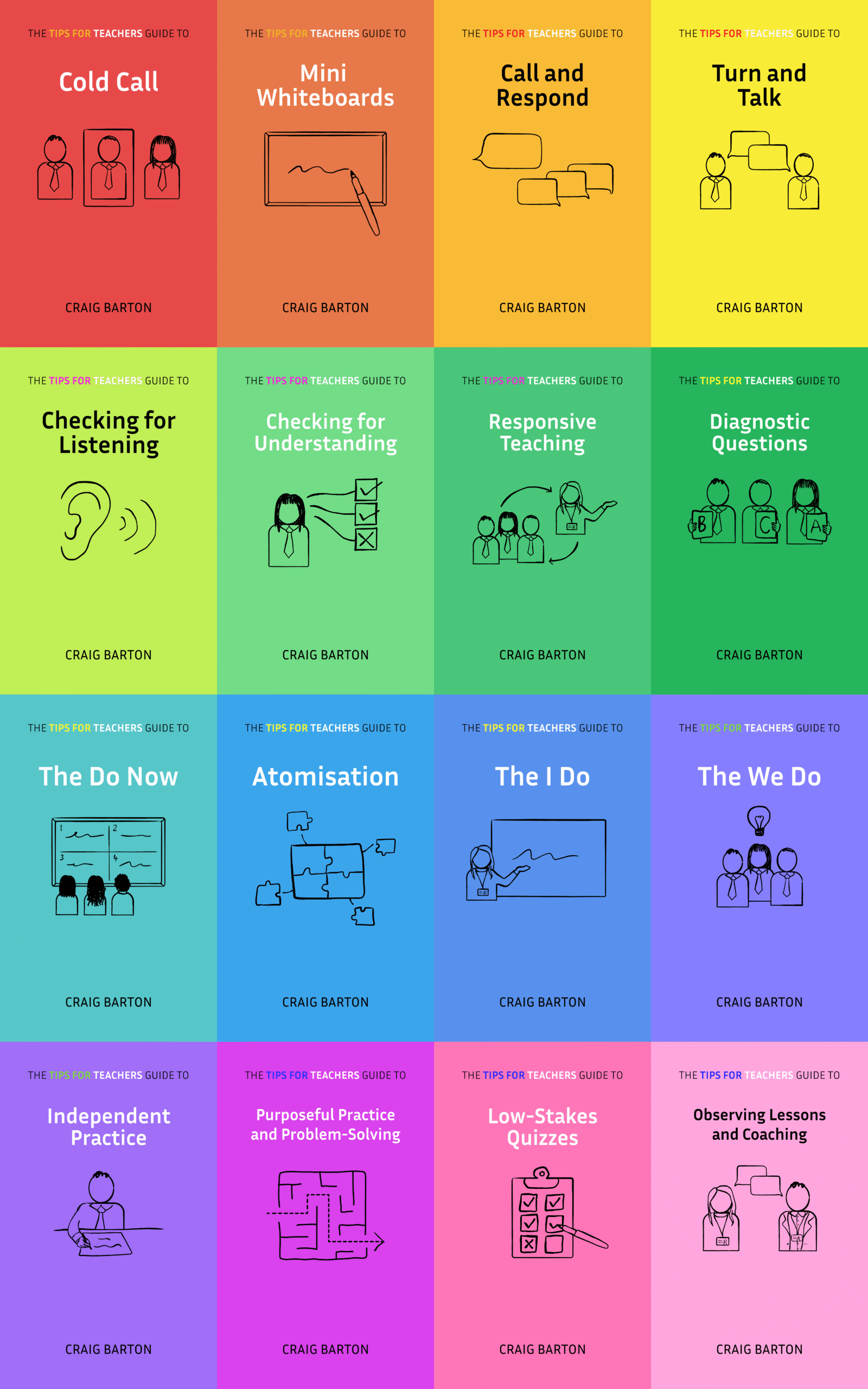
- Title: A cornerstone of adaptivity – A meta-analysis of the expertise reversal effect
- Authors: Tetzlaff et al
- Access the original paper here
- Watch a video overview:
Paper summary
This article presents a meta-analysis of the expertise reversal effect (ERE), a phenomenon where instructional assistance benefits novices but hinders experts. The researchers conducted a systematic literature search, including 60 experimental studies with 5924 participants, to evaluate the ERE’s strength and identify moderators. Their findings confirm that low-knowledge learners benefit significantly from high assistance, while high-knowledge learners perform better with low assistance. The study also highlights that the ERE is asymmetrical, with providing assistance to novices having a stronger positive impact than withholding it from experts. Educational status and content domain were found to moderate these effects, suggesting varied applicability across different learning contexts and age groups.
If teachers remember one thing from this study, it should be…
If teachers remember one thing, it should be to adjust instructional methods based on learners’ domain knowledge. Novices benefit significantly from high assistance, while experts learn better with low assistance. Critically, providing assistance to novices has a stronger beneficial impact than withholding it from experts, so when in doubt, it’s better to provide assistance.
***Paper Deep Dive***
Define any technical terms used in the paper
Expertise Reversal Effect (ERE): A specific ATI where instructional assistance (support to facilitate processing) improves learning for novices (low prior knowledge learners) but hinders experts (high prior knowledge learners). Novices benefit from high assistance, while experts learn better with low assistance.
Aptitude-Treatment Interactions (ATIs): Occur when different learners succeed under different instructional conditions, meaning learner characteristics (aptitudes) interact with instructional parameters (treatments).
What are the characteristics of the participants in the study?
The meta-analysis included 5924 participants from 60 experimental studies. Individual study sample sizes ranged from 17 to 357 (median 73), with a median of 55.77% female participants. Participants varied in educational status, encompassing primary, secondary, higher education, and vocational training.
What does this paper add to the current field of research?
This meta-analysis systematically quantifies the Expertise Reversal Effect, extending beyond prior narrative reviews by evaluating its strength and identifying moderators. It importantly reveals the effect is not symmetrical: providing assistance to novices has a stronger beneficial impact than withholding it from experts, offering clear practical implications for instruction.
What are the key implications for teachers in the classroom?
The key implication for teachers is to adapt instructional methods based on learners’ domain knowledge
Here’s how:
Utilize tools for adaptation: Intelligent tutoring systems are a promising option for designing instruction aligned with the Expertise Reversal Effect, as they can track and adapt to learners’ current domain knowledge.
For novices (low prior knowledge learners): Provide high instructional assistance. This has a significant beneficial impact on their learning outcomes.
For experts (high prior knowledge learners): They learn better with low-assistance instruction. Providing redundant assistance can actually hinder their learning by introducing extraneous cognitive load or reducing motivation.
When in doubt, provide assistance: The Expertise Reversal Effect is not symmetrical; giving assistance to novices has a stronger positive impact than withholding it from experts. This means it’s generally better to err on the side of providing more support.
Continuously assess prior knowledge: Since learners acquire domain knowledge at different rates, regular assessment is necessary to optimally adjust instruction over time, adapting to knowledge gained during the learning process.
Consider context: The effect may be less clear for younger students (primary school) and in some fields like humanities and language learning. However, it is especially pronounced in higher education.
Why might teachers exercise caution before applying these findings in their classroom?
Teachers should exercise caution because the evidence for effectiveness is less clear for younger students (primary school) and in some specific fields of study, such as humanities and language learning. Additionally, the study notes substantial heterogeneity in effect sizes across contexts, implying other unassessed factors may influence the outcome. Practical implementation of continuous knowledge assessment and adaptive instruction can also be challenging in regular classroom settings.
What is a single quote that summarises the key findings from the paper?
“Furthermore, the expertise reversal effect is not symmetrical: providing novices with assistance has a stronger effect than withholding assistance from experts“.








